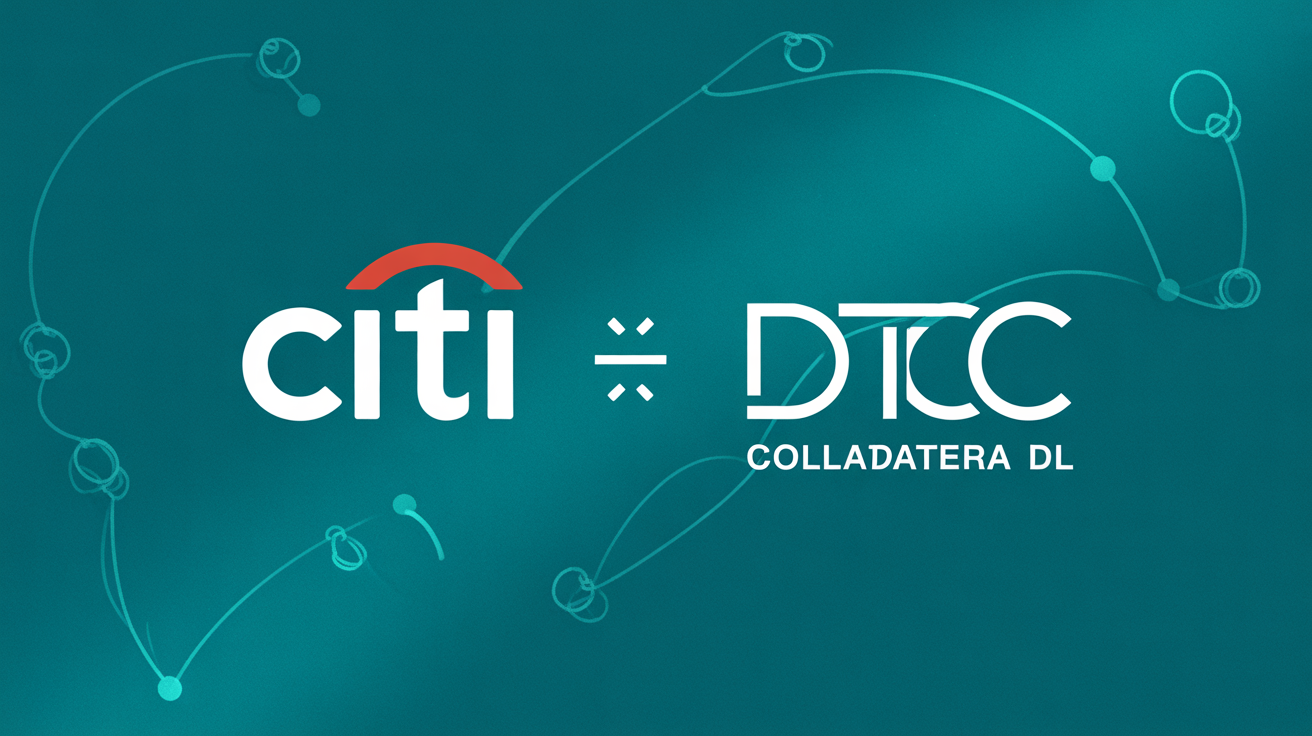Singapore Court Rejects WazirX Restructuring Plan, Leaving Creditors in Limbo
The restructuring efforts of beleaguered Indian crypto exchange WazirX have suffered a serious setback after the Singapore High Court declined to approve its proposed plan to repay creditors.
In a message sent to stakeholders, WazirX acknowledged the ruling:
“The Honourable Singapore High Court issued an order declining to approve our proposed restructuring plan. While this outcome was not what we anticipated, we respect the Court’s decision and remain fully committed to complying with all legal and regulatory processes. Our primary focus remains to begin distributions as soon as possible.”
Repayment Timeline Collapses Again
The exchange had previously promised creditor payouts by April 2025, following a court-approved scheme in January that allowed it to avoid liquidation after a devastating $230 million hack attributed to North Korea’s Lazarus Group. The plan included:
- A creditor vote on the proposed recovery framework
- Payouts within 10 business days of activation
- Launching a decentralized exchange (DEX)
- Issuing recovery tokens and conducting liquidity buybacks
With the court’s recent rejection, that timeline has again dissolved into uncertainty. Legal experts warn that if WazirX fails to secure approval for a new plan, it could face compulsory liquidation under Section 301 of the Singapore Companies Act—a move that might force asset sales at steep discounts, resulting in even lower recoveries for creditors.
Mounting Criticism and Unanswered Questions
The company continues to draw sharp criticism for what many see as inadequate communication, sluggish asset recovery efforts, and restrictions placed on users attempting to engage with the company via social media.
Once the dominant crypto exchange in India, WazirX’s fall from grace has left many of its users in limbo—unsure whether they will ever reclaim their funds. The platform’s credibility has further eroded as court delays mount and operational transparency remains lacking.
For now, both creditors and the broader crypto community are left waiting—once again—with no clear path forward.





























